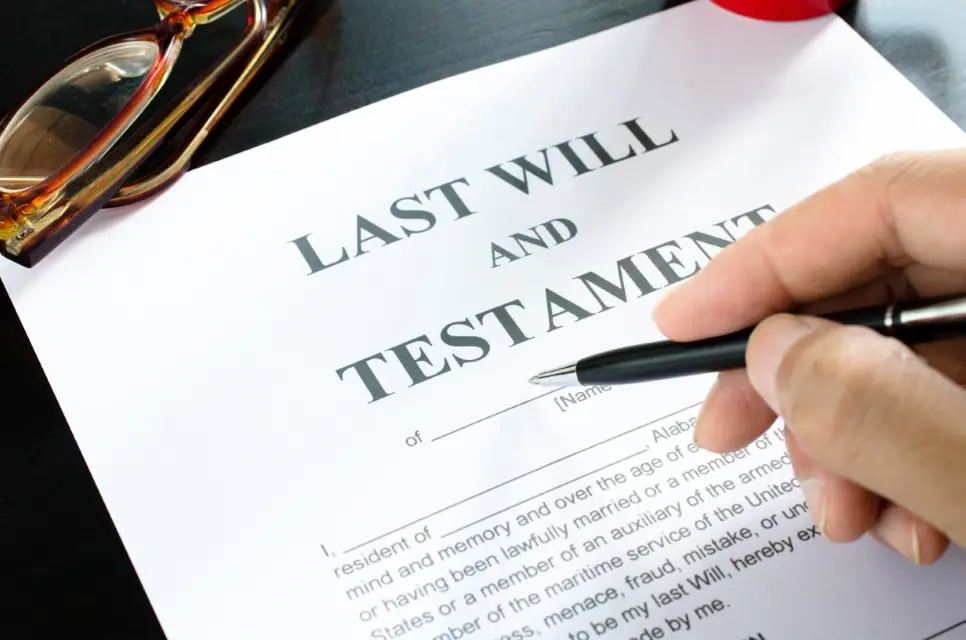If you’ve ever wondered what happens if you pass away without an estate plan, you’re not alone. It’s a question that many individuals grapple with, often underestimating the importance of proper estate planning. In this article, we’ll explore the consequences of not having an estate plan in place, shedding light on the potential complications and challenges that can arise. Let’s delve into this crucial topic.
The Consequences of Dying Without an Estate Plan
Dying without an estate plan can have significant repercussions for your loved ones and your assets. Here’s a breakdown of the key consequences:
- Intestate Succession LawsWhen you die without a will or any form of estate plan, your state’s intestate succession laws will determine how your assets are distributed. These laws vary by jurisdiction, but they typically prioritize spouses, children, and close relatives. If you have specific wishes for your assets, intestate succession might not align with your intentions.
- Lack of ControlWithout an estate plan, you forfeit the ability to dictate how your assets are distributed. This lack of control can lead to disputes among your heirs and may not reflect your actual wishes. It’s crucial to create a will or trust to ensure your assets are distributed as you see fit.
- Protracted Probate ProcessDying without an estate plan often results in a prolonged probate process. Probate is the legal procedure for validating a will and administering the deceased person’s estate. When there’s no will, the court will appoint an executor, and the process can become lengthy and expensive.
- Potential for Family ConflictsWithout clear instructions, family disputes can escalate. Heirs may disagree on how to divide assets, leading to costly legal battles. Having an estate plan can help prevent such conflicts and maintain family harmony during a difficult time.
- What happens if I don’t have a will or trust?If you pass away without a will or trust, your state’s intestate succession laws will govern how your assets are distributed. This may not align with your preferences and can lead to lengthy legal processes.
- Can I create an estate plan on my own?While it’s possible to create a basic will on your own, it’s advisable to consult with an attorney for more complex estate planning needs. DIY documents can lead to errors and disputes, so professional guidance is often recommended.
- Are there taxes on assets passed through intestate succession?In some cases, assets passed through intestate succession may be subject to estate taxes. Consulting with an estate planning attorney can help you minimize tax liabilities.
- What if I have minor children and no will?Without a will, the court will appoint a guardian for your minor children, and their inheritance may be held in trust until they reach a certain age. Creating a will allows you to designate a guardian and specify how your assets will support your children’s needs.
Conclusion
Dying without an estate plan can lead to a host of issues, including disputes, legal complexities, and a lack of control over your assets’ distribution. To avoid these consequences, it’s essential to create a comprehensive estate plan that aligns with your wishes and ensures the well-being of your loved ones after your passing. Don’t wait; consult with an estate planning attorney to get started on your estate planning journey. By doing so, you can safeguard your legacy and provide clarity and peace of mind for your family.







